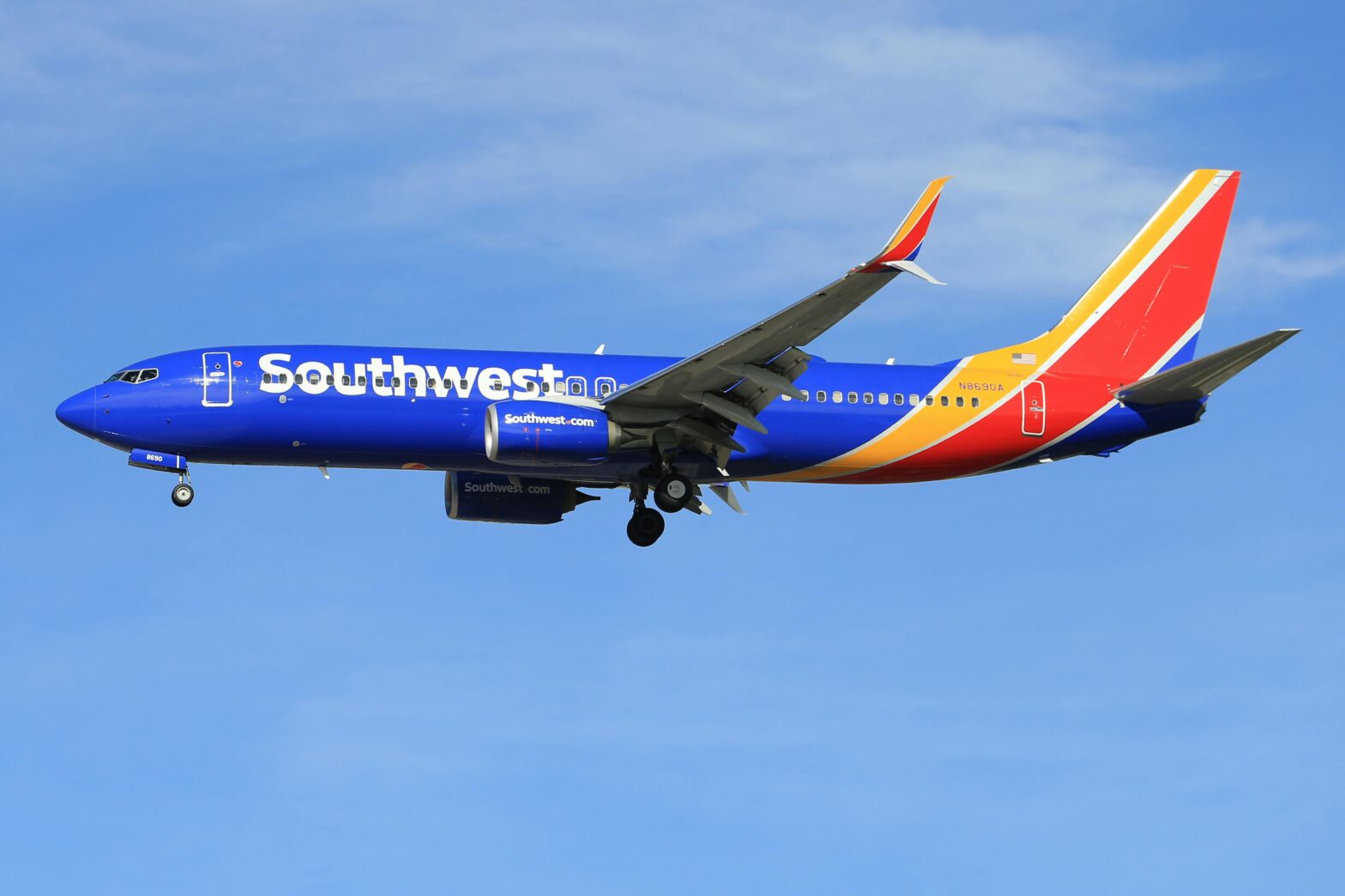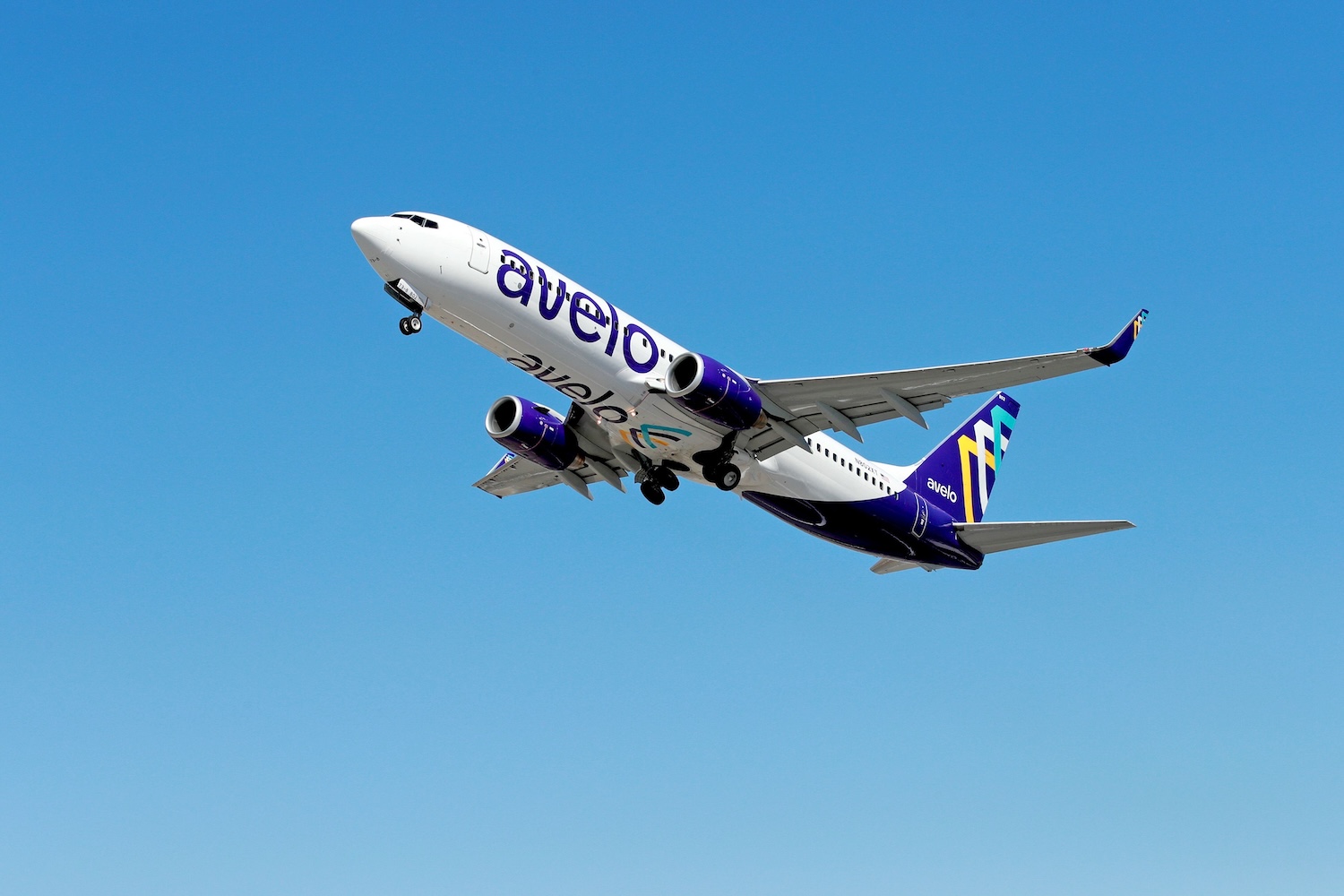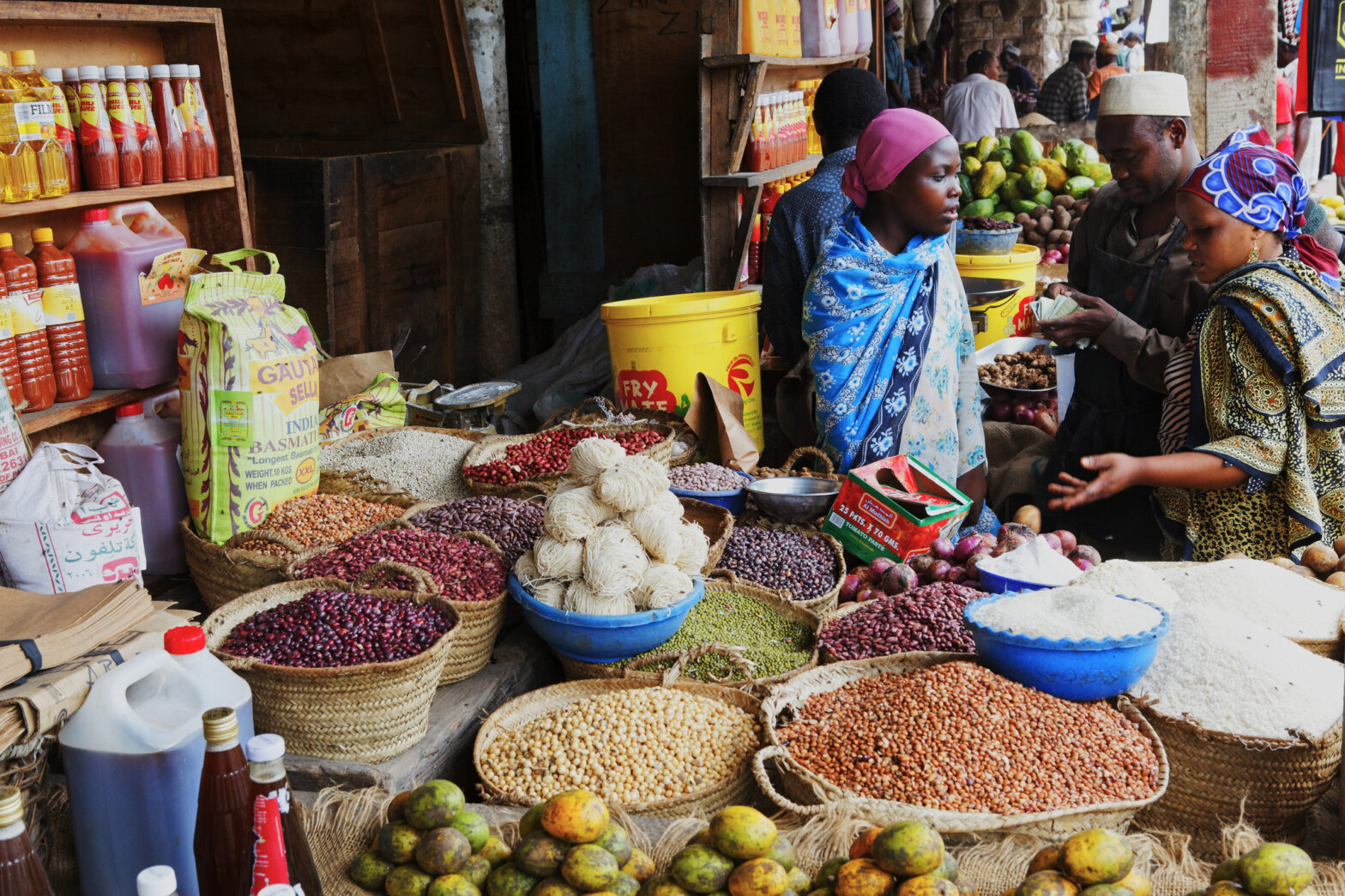Southwest Airlines has taken a step forward in aviation security by introducing retractable barriers designed to protect the cockpit when pilots need to open the door during flight. According to CNN, the Dallas-based carrier’s first Boeing 737, equipped with this innovative secondary barrier, entered service just in time for the Labor Day weekend travel. This launch made Southwest one of the first U.S. airlines to implement this safety feature.
The barrier, which resembles a gate rather than a solid door, addresses longstanding concerns from aviation labor unions that have advocated for additional cockpit protection measures since the September 11, 2001, attacks.
“This requirement actually goes all the way back to Sept. 11. Following that event, it was always looking for a path to make the flight deck more secure,” Southwest Executive Vice President of Operations Justin Jones explained to USA Today. “It’s just another layer of protection there to make sure no passengers who aren’t supposed to be in the flight deck ever get into the flight deck.”
Southwest Prioritizes Passenger Safety
The implementation comes after Southwest agreed to a one-year delay of a 2023 Federal Aviation Administration rule requiring such barriers on all new aircraft. “For Southwest, this was the right decision,” the airline stated officially. “We have a robust safety management system that takes a proactive approach when it comes to enhancing safety wherever possible.”
Southwest confirmed that every new aircraft joining its fleet will come equipped with the protective barrier installed. Currently, no certified method exists for adding these barriers to planes already in service; however, Southwest maintains ongoing communication with Boeing and the FAA to explore future possibilities, per CNN.
Airlines continue to rely on more makeshift methods to secure the cockpit area during door openings. The standard procedure involves positioning a beverage cart to block the aisle at the front of the plane whenever pilots need to exit the cockpit.




